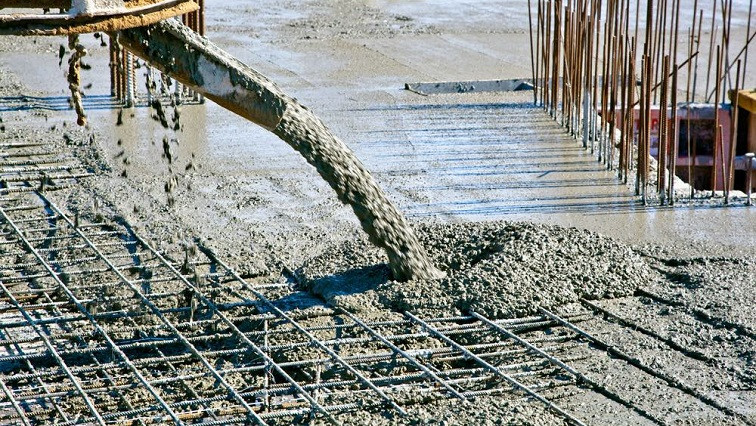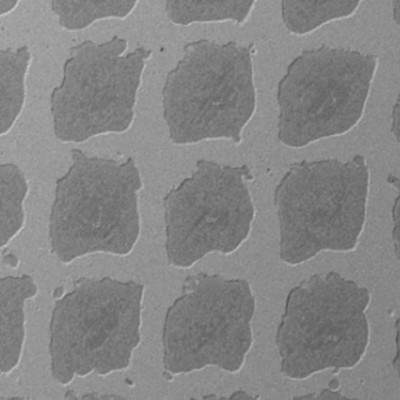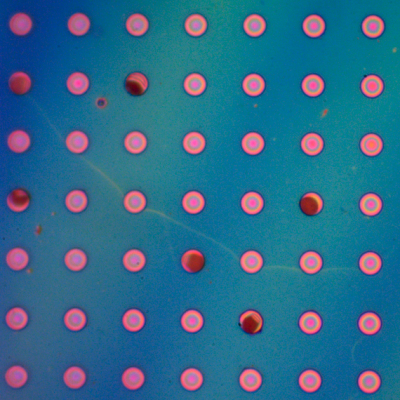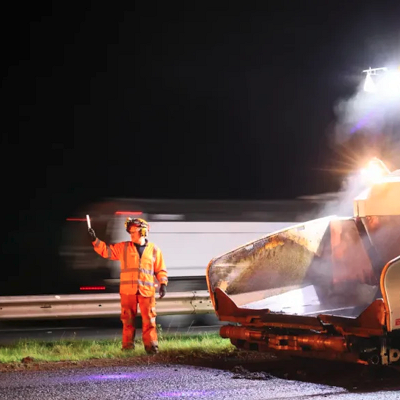Approximately 600 tonnes of graphene enhanced cement was produced at the UK's largest cement processing facility, operated by Breedon Cement. Graphene was consistently dosed and dispersed into a cement grinding mill using standard process equipment.
It was reported that during the production trials, the PureGRAPH® enhanced grinding aid performed adeptly, maintaining a consistent and highly stable feed. The operating conditions remained unchanged during the dispersion of graphene, and the cement produced conformed with Breedon’s strict quality control parameters.
Initial results show up to a 10% increase in early-stage cement compressive strength compared to an equivalent control. The trials were conducted on a CEM II cement, which has a reduced clinker factor compared to CEM I. The lower clinker factor is an enabler to an approximately 15% reduction in CO2 emissions associated with cement production.
These initial results validate the scientific theory underpinning the improvements associated with the use of graphene as a value-adding additive in the cement industry, whilst also demonstrating the viability of producing industrial scale volumes with minimal disruption and costs associated with modifications at a live production facility.
The trial also demonstrates graphene enhanced cement can be supplied using existing infrastructure and facilities and, when used in construction settings, no additional equipment or training is required for the applicators.
The graphene enhanced cement was used to create a temporary wheel washing facility at a major infrastructure project that is being delivered by project partner, Morgan Sindall Infrastructure, on behalf of a UK Government Company.
This provides an optimal and challenging environment to test the strength and permeability of the graphene-enhanced concrete slab, as it will be subject to constant heavy vehicle traffic, high water loadings from washed wheels and high dust loadings from incoming vehicles.
Morgan Sindall will continue to monitor the performance of the installation, providing First Graphene with valuable real-world data in a harsh testing environment.
The focus of the trials was to validate and showcase the CO2 reduction capabilities and concrete performance of graphene-enhanced cement, in a bid to create stronger and ‘greener’ infrastructure. Having delivered significant results in the very first trials demonstrates the Company’s R&D capability to produce and supply high quality graphene at a commercial scale and the enormous potential for First Graphene’s PureGRAPH range. This is a significant strategic milestone in commercializing graphene at a large scale.
First Graphene will continue to work closely with Breedon Cement, Morgan Sindall and the University of Manchester as the next phase of the commercialization process begins later this year, initially aiming to further refine the addition method and optimize graphene dosing rates.
First Graphene Managing Director and CEO, Michael Bell, said: “Completion of phase one trials is a significant milestone towards the adoption of graphene-enhanced cement as a tool to help drive emissions down in the construction industry. This initial test of applying PureGRAPH®- enhanced cement at an industrial scale has produced very encouraging and positive results. These results provide a route for the construction industry to meet environmental sustainability targets, and First Graphene is optimistic about the role our product can play in that journey. We look forward to continuing this collaboration with project partners as we embark on the next phase of trials, which is set to revolutionize the global construction sector.”
Jude Lagan, Breedon Cement Managing Director, said: “I am pleased that the trial was safely and efficiently delivered through the great level of collaboration between all partners. We’ve already seen some promising early results and, while there is clearly more to do, it’s a significant step in the right direction as the industry moves towards Net-Zero in 2050. I am looking forward to continuing further trials to see how we can optimize the use of graphene and help to decarbonize the cement industry, whilst continuing to develop environmental benefits.”
Sarah Reid, Morgan Sindall Infrastructure, Highways team Managing Director, said: “We are delighted to be involved in this full-scale production trial from the beginning. The work undertaken provides an opportunity for cement carbon reduction. Concrete is one of the most common materials we use, and it won’t be one single change that makes it Net Zero, it will be a number of things. Graphene is just one element that will contribute to our responsible business strategy on improving the environment.”
Dr. Akilu Yunusa-Kaltungo, from the School of Engineering at the University of Manchester, said: “We were pleased to work with our industrial partners on this project, seeing it through from the laboratory scale to a full-scale demonstrator".
Read the original article on Graphene-Info.







